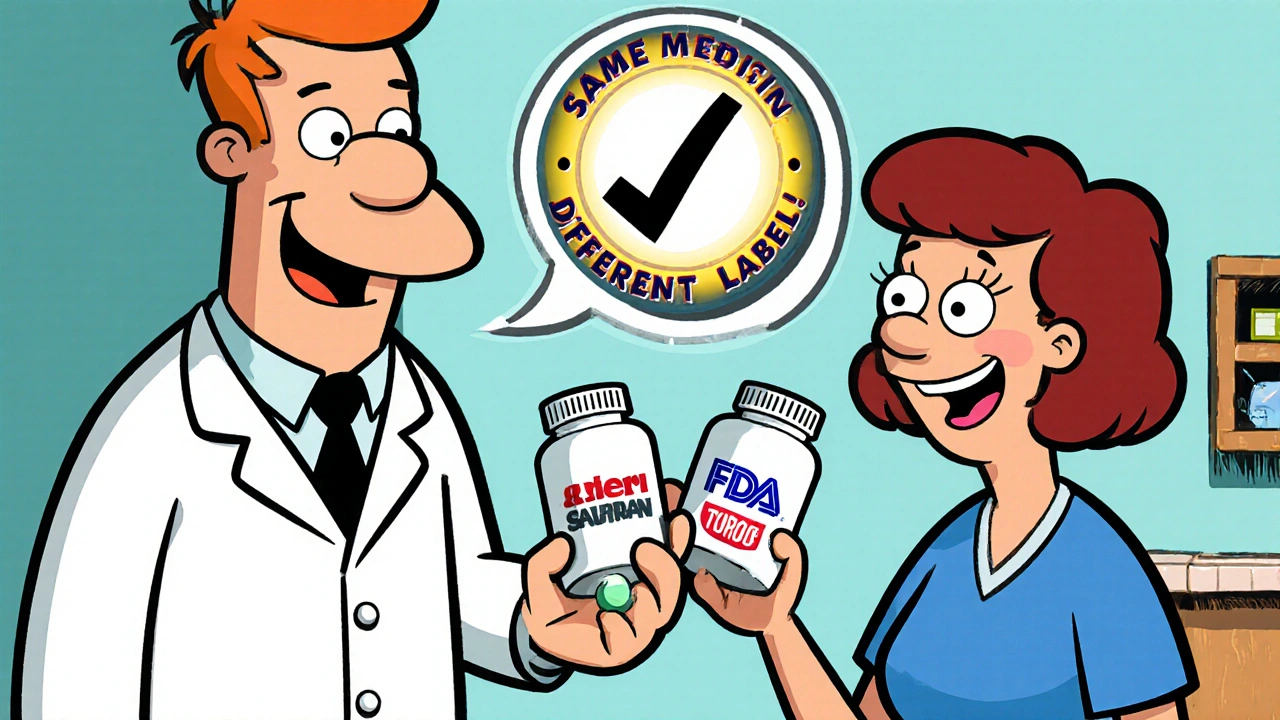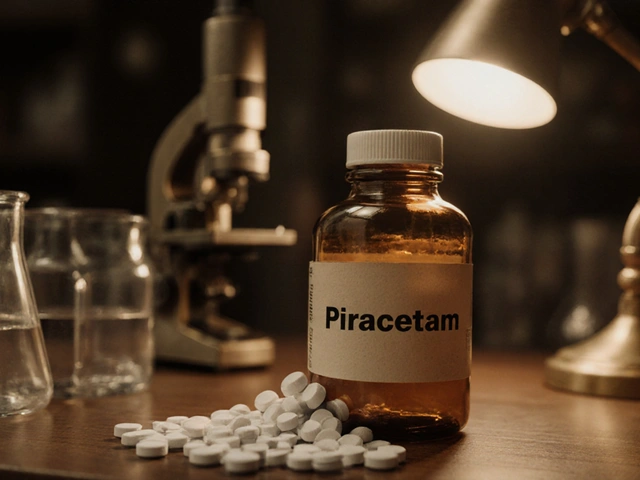Drug Efficacy: How Well Medications Actually Work and What You Need to Know
When you take a pill, you expect it to do something—lower your blood pressure, kill an infection, or calm your mind. But drug efficacy, the measurable ability of a medication to produce a desired therapeutic effect under real-world conditions. Also known as medication effectiveness, it’s not just about what’s on the label—it’s about what actually happens in your body. A drug might work perfectly in a clinical trial, but if it causes nausea, interacts with your other meds, or doesn’t last long enough, its real-world efficacy drops fast.
That’s why dechallenge and rechallenge, clinical methods used to confirm if a side effect is truly caused by a specific drug. Also known as adverse drug reaction testing, these steps help doctors separate coincidence from causation. Stop the drug (dechallenge), see if symptoms go away. Give it back (rechallenge), see if they return. It’s simple, but it’s one of the strongest ways to prove a drug is doing more harm than good—or working better than you thought. This isn’t theory. It’s how pharmacovigilance teams track dangerous drugs before they’re pulled from shelves.
Then there’s bioequivalence, the standard that generic drugs must meet to prove they work just like the brand-name version. Also known as therapeutic equivalence, it ensures your $5 generic pill delivers the same active ingredient at the same rate as the $50 brand. The FDA doesn’t require new clinical trials for generics—they just need to match the original in how fast and how much of the drug enters your bloodstream. That’s why you can trust a generic azithromycin or sertraline to work just like the name brand, as long as it’s from a legitimate source.
But efficacy isn’t just about chemistry. It’s about timing. Tazarotene takes weeks to show results. Modafinil hits fast but fades. Ezetimibe works better when you move your body. Your lifestyle, your metabolism, your other meds—they all change how effective a drug is for you. That’s why one person’s miracle drug is another person’s waste of money.
Some drugs work great for most people but fail for others because of hidden factors—like a rare adrenal tumor causing high blood pressure, or hormonal imbalances making antidepressants useless. That’s why you can’t just rely on a drug’s average success rate. You need to know how it behaves in your specific case.
And then there’s tolerance. Why do some side effects fade after a few weeks? Why does a drug that once helped your sleep stop working after a month? That’s not your imagination. It’s your body adapting. Understanding drug tolerance helps you decide when to push through discomfort and when to switch gears.
What you’ll find below isn’t a list of drug reviews. It’s a collection of real stories about what works, what doesn’t, and why. From antipsychotics that wreck your metabolism to antibiotics that outperform others for chlamydia, these posts cut through the noise. You’ll see how people tested their meds, what side effects stuck around, and which alternatives actually made a difference. No fluff. No marketing. Just facts from people who’ve been there.




